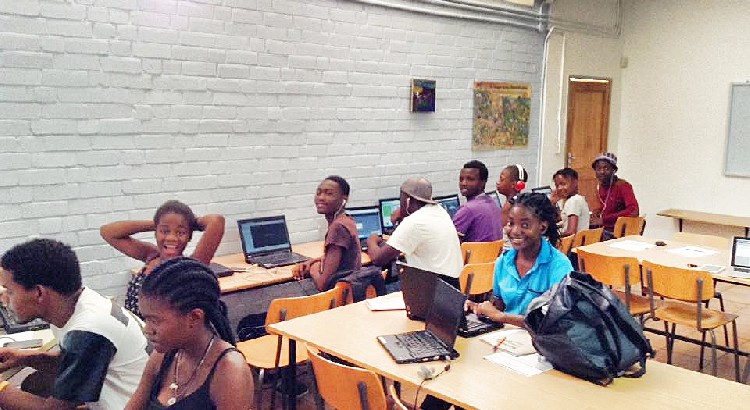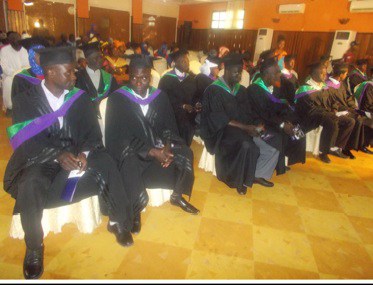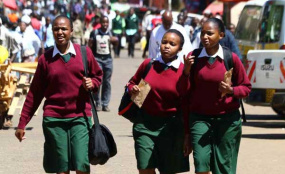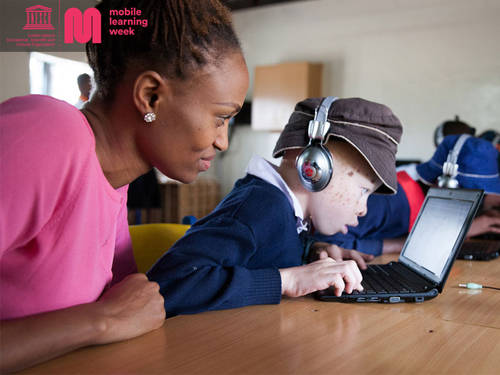resumen: el articulo abre el debate sobre el uso del cabello y las escuelas que prohíben a los estudiantes mantener su cabello largo, igualmente opinan los expertos que la falta de uniformidad es lo que causa este tipo de demandas innecesarias por los estudiantes, argumentando que la restricción de pelo largo es una necesidad en las escuelas.
It’s a debate that educationists have not come to a conclusive agreement about. Some say there is a link between keeping long hair at school and academic performance, while others argue that there is no link whatsoever.
In the past, it was a taboo to go to school with hair slightly an inch longer for girls. In fact if a learner had hair that was more than an inch long, she or he was not allowed into the school.
Schools which prohibit learners from keeping their hair long while in school, argue that it is time wasting and costly, which affects performance and mutual respect between students and teachers.
For instance, a few months ago, it was reported that a student at a school in Kanombe refused to go to school until her father provided money for plaiting hair after seeing the other girls in the school with treated hair. The father succumbed to pressure and gave her money to treat and maintain her hair.
Experts say lack of uniformity is what causes such unnecessary demands by learners, arguing that restricting long hair is a necessity in schools.
«Keeping uniformity helps the students to feel like one family despite the different backgrounds. If you have some students with treated long hair while others can’t afford the same, it will cause segregation among the learners and subsequently you will get such scenarios like the Kanombe parent,» says a senior teacher in a city school.
Schools in Rwanda have restrictions on long hair especially in the public schools. But the situation is different; in private and international schools- girls come to school with long hair in all shapes and styles.
Moses Katufu, a teacher of Entrepreneurship at King David Academy, says long hair is allowed in the school but it should not be tinted. And for boys weird hairstyles are not allowed.
The school principal, Annet Batamuriza, echoes Katufu’s views, but points out that tinted hair is forbidden for girls.
«Much as good hair enhances the pride of women, we don’t allow tinted hair at school,» says Batamuriza.
Students need to adhere to school regulations.
Most parents and educators have argued that the culture of hairstyles in schools should receive some kind of regulation.
At King David Academy, for instance, boys who report to school with long hair have their heads shaved.
«Boys should keep their hair trimmed to at least 2 inches long, otherwise those who report with long hair are punished to serve as examples to the rest,» adds Katufu.
In extreme circumstances, some schools will chose to suspend students until they shave their heads.
But Simon Ntwari, a parent in Kimihura, considers regulating students’ hairstyles inappropriate and a waste of valuable time.
«Hair should not be a big deal as long as the student has put on the appropriate school uniform. I don’t think hair should be a distraction in school whether for boys or girls,» says the father of two.
Georgina Mukeshimana, a parent in Remera, however thinks regulation of hairstyles should be left at the discretion of school authorities.
«But once you become complacent with all hairstyles, students will bring everything to school. Students should be made to understand that rules are there and have to be followed,» she asserts.
For Thomas Mugarura, a parent in Nyamirambo, hairstyles should be the last thing for schools to worry about.
«I really don’t understand why schools do not put efforts on better practices of teaching and learning instead of non issues like hairstyles. We pay for the hair and that should only be a concern on our side,» he explains, wondering how hair is connected to academic performance.
Fuente de la Noticia: http://allafrica.com/stories/201603230062.htmlFuente de la fotografía: http://badgersabroad.wisc.edu/blog/wp-content/uploads/2009/07/rwandan-children-300×200.jpg
Socializado por: Editores África
















 Users Today : 15
Users Today : 15 Total Users : 35460318
Total Users : 35460318 Views Today : 17
Views Today : 17 Total views : 3419045
Total views : 3419045